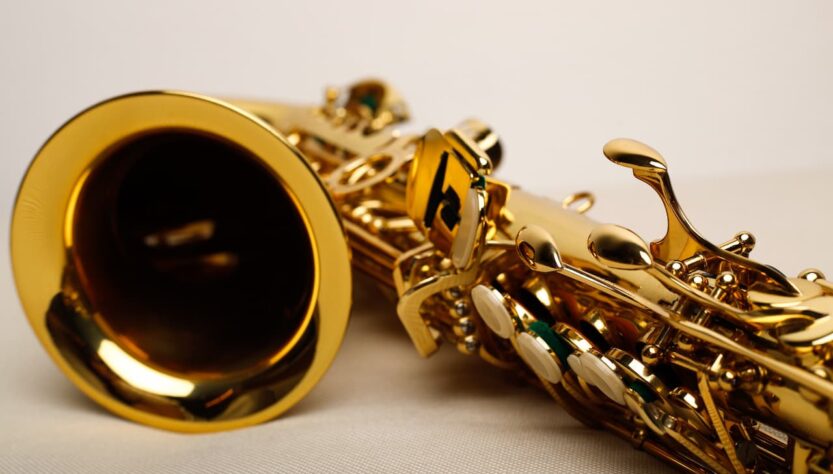If you’re someone who loves to express yourself through your work and doesn’t want to be told what to do, jazz is the genre for you.
Jazz makes you feel good
It helps you relax, and it’s a great way to express yourself. You’ll also be able to be more creative while listening to jazz. If you’re feeling stressed out or otherwise down, listening to some smooth jazz melody might just help bring your spirits up!
How did jazz evolve?
It is dynamic and constantly evolving. It has influenced other genres of music, fashion, art, literature, politics and architecture. In fact if you look at history you’ll see that jazz has also influenced gambling as well! Jazz and online casinos have sort of formed a subliminal bond. Fans hear how the smooth sounds of instruments complement the clanking of chips and the ringing of jackpots in Pokie Spins. If that isn’t enough proof, there’s a musical crew known as “Casino”. They play a number of jazz tunes from Latin to bebop.
Jazz is a type of music that originated from African American communities in New Orleans, specifically Congo Square. It became well liked throughout America because of its improvisational nature — jazz performers often improvised their own melodies and beats instead of playing set songs. The drums in jazz are considered an essential part of the instrumentation because they can support or change the moods within a song. The instruments used in jazz vary between different genres and periods, but there are some common instruments: saxophones (tenor or alto), trumpet/cornet/flugelhorn, trombone/baritone saxophone.
Jazz is alive and well
Jazz is a living art form. It’s alive, it’s organic, and it grows in response to the needs of its audience. It has always been a fusion of multiple genres — jazz music is a fusion of many different cultures and generations. It’s also a kind of personal expression — the music itself reflects the personality and experience of each performer who plays it. In order to understand how jazz will evolve into the future, we need only look at its past.
Jazz was born in New Orleans, but it didn’t fully mature until Chicago. Though New Orleans is often cited as the birthplace of jazz, that’s only partially true. While jazz did begin there during the early 20th century, what we know and love today wasn’t fully created until the 1920s and ’30s when virtuosos like Louis Armstrong moved to Chicago. But before they hit their stride in Chicago, they had to refine their craft in New Orleans where they learned how to really play this new type of music – which had no rules or guidelines (and wasn’t even called “jazz” yet).
Future of Jazz in 2022 and Beyond
It’s a living art form, and it’s been that way since its inception. Jazz performers have always been inspired by their predecessors as they continue to push the genre forward into new territory. Throughout history, artists from across many disciplines have innovated new ways of playing jazz — from Louis Armstrong’s scatting to Wynton Marsalis’ use of classical instruments in his trumpet solos. In order to make sure that jazz continues to evolve into something exciting, there needs to be room for experimentation within certain parameters such as traditionality (harmony) or formality (time signatures).
Now that you’ve been introduced to the history of jazz and its development over time, we’ll look into its future. While some people might say that the genre is dying out, others might claim it has only just begun. It’s impossible to predict where it will go in the next 20 years — or even 50 years — but one thing is for sure: the future of jazz holds a bright promise for talented musicians from all corners of the globe.
Jazz is a way of life
The best way to understand the importance of jazz is to think of it as a way of life. In fact, I’m sure you have heard that phrase before: “Jazz is a way of life.” The truth behind this statement is that jazz isn’t necessarily played for the sake of playing it — it’s about being who you are and expressing yourself. This is why many people find it so difficult to explain what jazz means to them; explaining what jazz means would require explaining who they are as a person.
So, if you’re wondering why people love jazz so much (and I’m sure you have been wondering this), keep in mind that there’s more than one answer! You might say that people love jazz because they want freedom from conformity or perhaps because they want excitement in their lives. But maybe those answers don’t fully describe why these individuals love music so much — maybe what makes them unique isn’t necessarily their desire for freedom or excitement but rather how these desires manifest themselves in their lives through artistry such as playing an instrument or dancing around while singing along with their favorite band’s new album!
